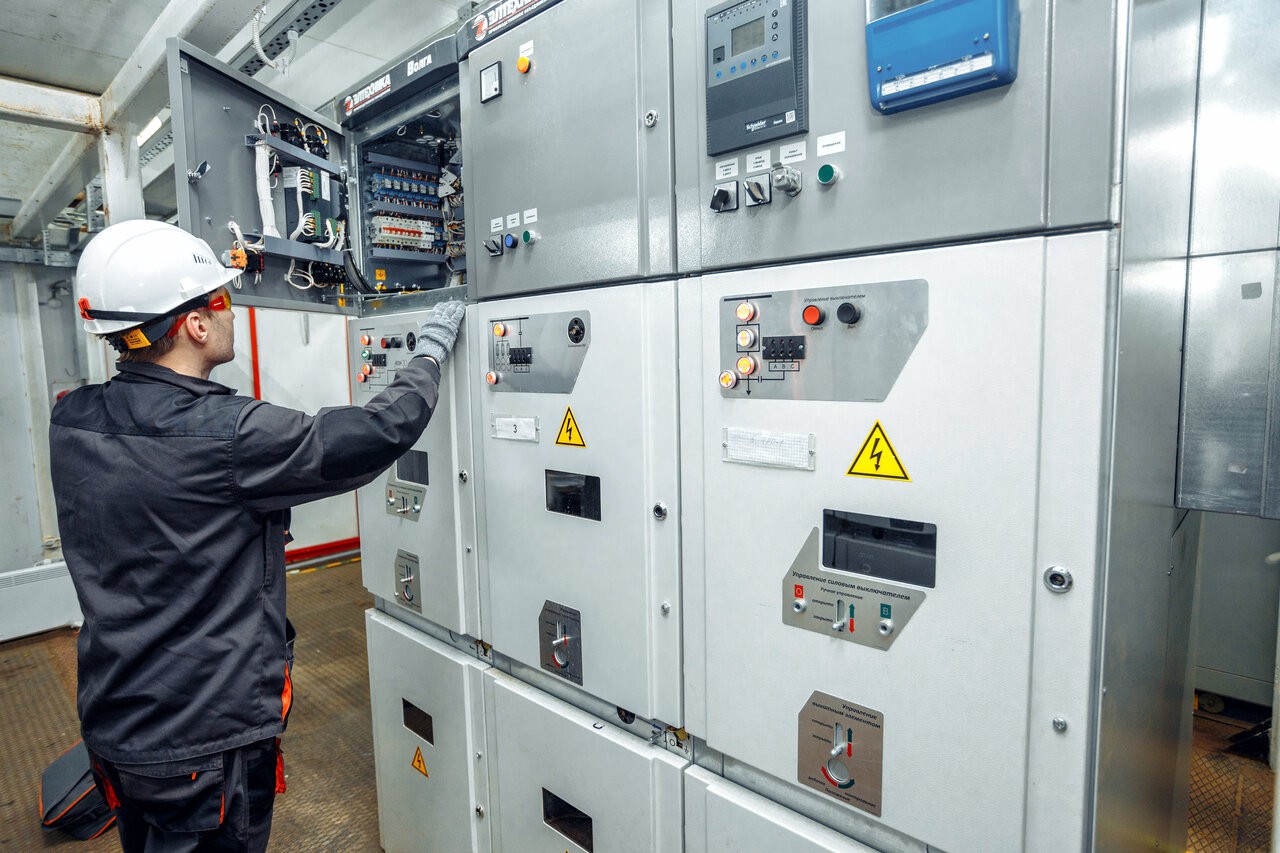- Position:
- 2nd engineer
Marine electrician

Any modern sea vessel is a combination of electromechanical systems, and most of the processes of technical system control provide for automation.
Taking into account the variety of electrical equipment on board, the ship's crew's staffing schedule provides for a separate specialist responsible for its maintenance and support of operability - an electrician.
- Ship's electrician
is a trained specialist who, compared to other mechanics, has in-depth knowledge in the field of electrical equipment and ship's electrical systems. It is simply impossible to do without him in modern conditions.
Machine command

In the hierarchy of the engine room, the electrical engineer occupies an important place and, within the limits of his job responsibilities, directly reports to the chief engineer.
Some companies, in their desire to reduce crew costs, refuse to have a separate electrical engineer on board, assigning his duties to regular ship engineers; most often, the third engineer is appointed responsible for servicing electrical mechanisms and systems. Such a decision can be partially justified only on small vessels with a limited number of electronics and automation tools.
In all other cases, a specialized specialist with the relevant knowledge and competencies must be on board. It is not surprising that most shipping companies are in no hurry to abandon electrical engineers, and in the context of increasing automation of modern ships, their importance in the crew is only increasing.
Against the background of the increasing importance of automation tools at the international level, regulatory changes were carried out designed to strengthen the importance of ship electrical engineers. In particular, in mid-2010, the International Maritime Organization amended STCW-95, also known as the Manila Amendments, which introduce mandatory certification for electrical personnel on board ships.
Other duties

When considering the work of an Electrician on board a vessel, his job responsibilities include:
- Ensuring the maintenance and safe operation of all shipboard electric motors, including those installed on the vessel's deck.
- Ensuring the maintenance and operability of all shipboard electrical switchboards, including emergency control systems.
- Ensuring the technical readiness and maintenance of fire-fighting equipment on board, including fire alarms.
- Maintenance and maintenance of other alarm systems provided on board.
- Maintenance of all electronic systems and automation equipment installed on the vessel.
- Ensuring the operability of the ship's navigational equipment, including the operation of navigation lights.
- Maintaining any storage batteries on board (emergency lighting, lifeboats, emergency generator, etc.) in good working order.
- Maintenance of shipboard refrigeration equipment installed in the engine room.
- Maintaining the ship's air conditioning systems in the premises in working order.
- On container ships, the electrician is responsible for the operability of refrigerated containers carried on board, connected to the ship's power supply network.
- Maintenance of electrical systems of ship cranes, winches and other lifting equipment.
- Conducting scheduled checks of equipment operability, including shutting down the main engine (together with the chief engineer).
- During maneuvers, the electrician is in the engine room to promptly eliminate possible malfunctions in the electrical part.
Optional position

An electrical engineer can be called upon to stand watch in the engine room, but with the ability to independently choose the time.
It must be admitted that the position of a ship's electrical engineer is not mandatory, but given the large amount of electrical equipment, electronics and automation equipment, it is impossible to do without such a specialist on a voyage.
- Position:
- Chief engineer
- Position:
- Electrician engineer
- Position:
- 2nd engineer
- Position:
- Electrician engineer
